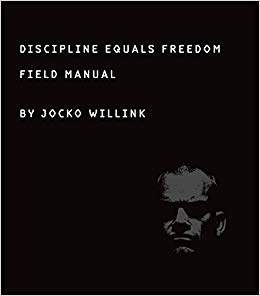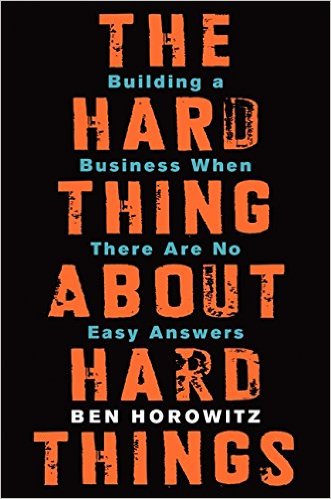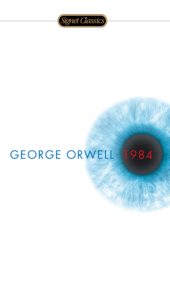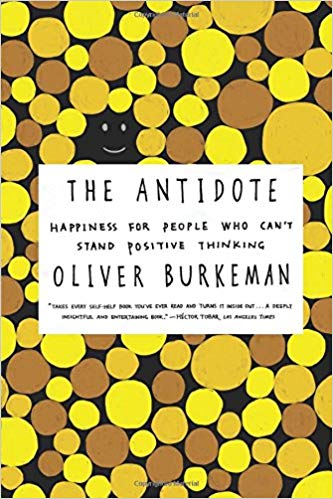Discipline Equals Freedom is a manifesto and field manual written by a former US Navy SEAL, Jocko Willink. While, for my personal tastes, it is a little extreme, I think it offers some excellent opportunities for conversation, both around extreme philosophies and how Willink’s mindset is something we can learn from, if not adhere to religiously. Check out the full review of the book’s content here.
This is a short book (quite a few pages but the type is large), so while I think this book could easily be read by most in a week or so, the questions it brings up I think would be well-split between two or three book club meetings (if you like to split things). If you’re the kind of book group that likes to discuss a full book at a time, this book would work well for that purpose.
Discussion Prompts
Part I: Thoughts
- What drives you? This is a very driven, relentless man. What is it that drives you out of bed, to work, to create each day?
- This worldview is pretty black and white, how does that make you feel? Is this plausible for the vast majority of people? Is there room for gray area here?
- How does being disciplined bring more freedom into your life?
- How does this just do it approach make you think about things you’re procrastinating? Do you fall into the over-analysis trap he discusses?
- How can we learn from others’ weaknesses and strengths, while also accepting that we can’t control them?
- What in your life are you giving a vote that doesn’t deserve one?
- How do you detach and gain perspective in stressful situations?
- What helps you push through when you just want to quit? Are there times, either important or unimportant when you needed “destroyer mode”?
- Focus on questioning and finding knowledge – both of yourself and your environment or peers. How can we get better by asking better questions.
- How did the “Hold the Line” section hit you? Are there times when you’ve had something like a donut or cookie and thought “Man, was this worth it?”
- What do you think of his almost total negation of “failure”. Failure is either something to fear or is “good”.
Part II: Actions
- Physical fitness or exercise is central to Willink’s philosophy, part of how he approaches seemingly everything. Is this something that’s required to live a healthy or successful life?
- How can you use stress to improve yourself?
- How does discipline give you a “psychological edge?”
- Sleep is seen by many as one of the most important parts of health. How do you promote good sleep habits in your life?
- Do you see being prepared for a physical fight as something you feel is in the forefront of your mind on a given day?
- What parts of you diet does this philosophy attack? Did he persuade you that you need to make a change?
If your group would like to add additional prompts or activities around the exercise portion of the book have at it! For me they were interesting to look through but are maybe not pertinent to a discussion group.
What do you think of the book? Did this prompt list help you? Let me know in the comments!





